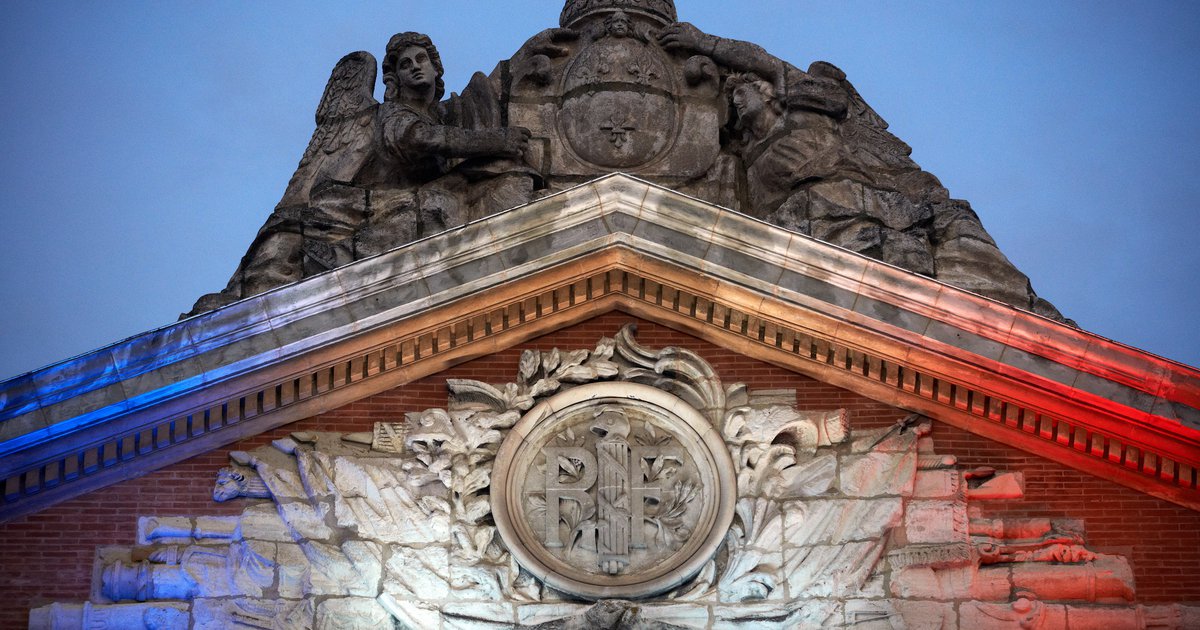
When Samuel Paty, a history and geography teacher, after showing his pupils some caricatures published in the weekly ‘Charlie-Hebdo, was brutally murdered by a terrorist on October 16 in a Parisian suburb, the French government, joined by some academics and intellectuals, immediately went on a warpath against Muslims and what some refer to in the ‘Manifesto of One Hundred’ as “Islamo-leftists” (“Islamo-gauchistes”). The latter they located in French universities and associations, blaming them for being conciliatory towards terrorists. This opened up a huge vista for the extreme-right.
The Minister of Education extended the blame and responsibility for violence on “intersectionality” as a concept and a perspective, described as an “an intellectual matrix […] coming from the USA”. This attack on freedom of speech in academia and all forms of critical thinking took place at a time when the Minister for Research was preparing a new law which, if passed, poses the threat of an end to free research.
The extreme-right multiplies threats against what they consider the “enemy”. Leading sociologist Eric Fassin has received death threats, and journalists from the critical online media Mediapart, violent menaces. At the same time, the Minister of Interior prepares a new law for public safety which opens the path for a police state. For instance, it will be forbidden (and outlawed) to publish images and videos of police committing violence. Researchers, scholars, intellectuals and civil society have vigorously reacted, denouncing these dangerous lies and defending freedom of research and of expression. This open letter has been signed by over 2000 French scholars.
A response to the ‘Manifesto of the One Hundred’
We have read the distressing text entitled “the Manifesto of the One Hundred.” We are well aware that we will not be able to convince those that signed it: we could have just let them speak and observe what they are trying to do. Their summons to police thought within universities, however, cannot be left unchallenged. Nor can the vocabulary that they adopt from the far right, in lockstep with Jean-Michel Blanquer, the French Minister of National Education, who traffics in the imagery of “gangrenisation.” “Islamo-leftism,” the insult that they bandy about instead of making arguments, summons to mind other insults, notably “Judeo-Bolchevisme”: we must cede no ground as we confront such dark times and such censorious attacks.
Academics wrote this text, and they should have known that brandishing disqualifying terms such as “doxa” or “sermonizing babble” in the place of evidence does not an argument make. The risk is great that such terms will be applied to those who signed onto them. A bit of care and rigour would have been wise before making accusations of “intellectual conformism,” of “fear,” and of “political correctness”: each seems quite applicable to those who trumpeted them.
At a basic level, the text proposes one ‘thesis’: a current of study and thought is developing in French universities that nourishes “hatred of ‘white people’ and of France.” It’s an astonishing claim. How exactly does research into multiple and intersecting identities, into forms of domination, and into struggles for emancipation produce such feelings? We know the the history of France, in all its diversity. It is full of commitments to emancipation, equality, and to what is right; it also has its share of horrors, colonial violence, social violence, and shocking forms of repression. None of these are its “essence.”
Another sombre accusation permeates the word “racialist,” meant to define an “ideology” that supposedly is spreading in universities. The fact that certain scholars include in their study the assessment of social, sexist, and racist oppressions, we are told, means that they are “racialists.” The epithet is despicable: it describes racist thought and regimes, premised in a fabricated hierarchy of races. The signatories know the truth full well: sociological and critical approaches to racial questions, just like oft-criticized intersectional approaches, are committed to combatting racialism, through analyses of the oppression it produces.
The text identifies yet another stigma: this way of thinking has been imported from “North American campuses.” Such an “accusation” is almost laughable, except that it implies that any form of reflection that draws inspiration or sustenance from elsewhere is, a priori, suspicious. But beyond that, the methods in question for studying society emerge from every continent—including, let us note, from across the American continents and the Caribbean. This is a marvelous thing.
The “Manifesto of the One Hundred” has two proposals: an entire current of social analysis should be tracked and fought as dangerous; a monitoring agency to defend academic freedom must be established. Its signatories appear to be unaware of the profound contradiction between the two proposals. How many freedoms surely will be shoved aside when we summon the powers that be to denounce research and reflection? To fight to censure the expression of academic work is more than just unacceptable: it also debases the very principles that the “call of the one hundred” claims to defend: the republic and liberty.
We are troubled that, even as terrorist attacks again force us to mourn, at the very moment when reminders of the need for freedom of expression are so pressing, a group of academics seizes on these despicable assassinations to settle scores and to accuse their colleagues of complicity. This is undignified, unworthy of the situation.
We will continue to defend the need for an open, critical, and tolerant approach, one that references emancipation and dignity as it transmits knowledge, as a salutary contribution to the fight against violence and hate.
Here is the list of signatories.